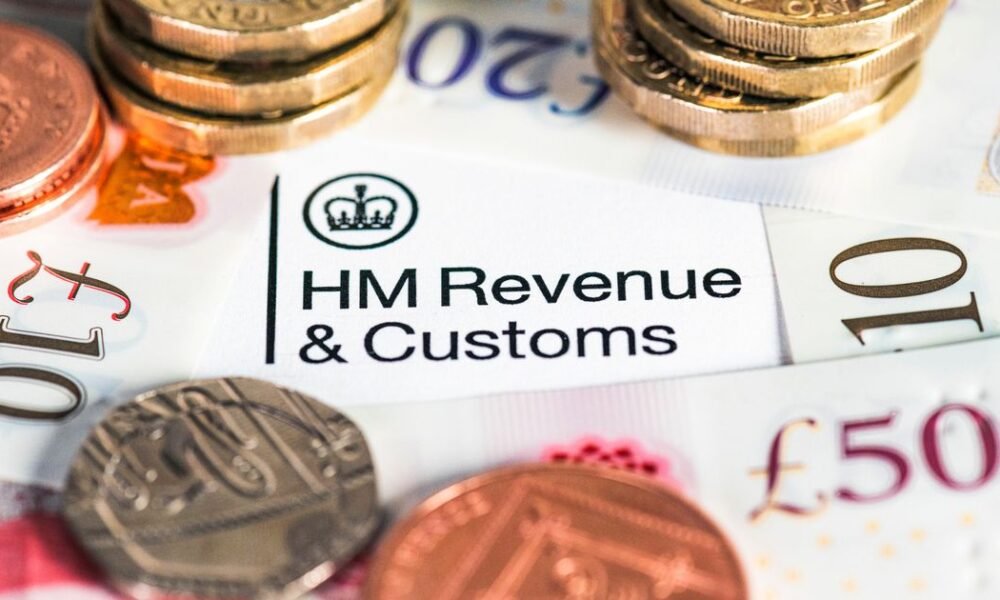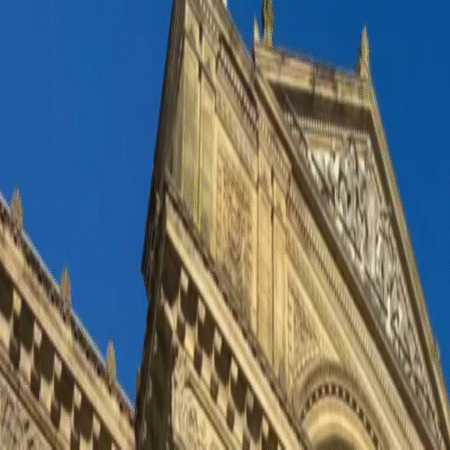Speculation is growing that changes to income tax and National Insurance will be announced in November.

Income tax rises for Scots in April – how the changes affect you
Speculation is growing that Chancellor Rachel Reeves will announce a hike to income tax at the Autumn Budget in November, despite the Labour election manifesto pledging not to raise VAT, income tax or National Insurance remain. It’s important to be aware that the Scottish Government sets income tax levels and bands north of the border.
However, there could be a knock on effect despite reports in the Daily Telegraph that the Chancellor is looking at adding 2p to the basic rate of income tax in her November Budget. But it is also claimed Ms Reeves is looking at slashing National Insurance contributions by 2p – the combined move would raise about £6 billion.
Sarah Coles, head of personal finance at Hargreaves Lansdown, warns that such a move would hit “several types of income which are currently subject to income tax and not National Insurance”.
This includes pension income, earned income from people over the State Pension age, income from investments outside tax wrappers, and income made by landlords and self-employed people.
The money expert explained: “Someone on a total pension income of £35,000, for example, currently pays £4,486 in income tax at 20 per cent. A rise to 22% would mean they pay £449 extra a year.”
She continued: “Our research shows that an income tax hike is the most feared potential change in the Budget – worrying 16 per cent of people, 20 per cent of Millennials, and 25 per cent of higher rate taxpayers.
“As the speech creeps ever-closer, the chatter around income tax has intensified. It’s no wonder it has come up.
“Income tax makes up almost a third of all tax that’s collected, so a relatively small change could make an enormous difference to the Treasury.
“One idea up for debate is taking 2p off National Insurance and adding it to income tax, which has been proposed by the Resolution Foundation.
“It highlighted it could raise £6 billion, without affecting the tax bills of people receiving income from employment under state pension age – and therefore technically avoiding hitting ‘working people’.
“However, it would hit several types of income which are currently subject to income tax and not National Insurance.
“This includes pension income, earned income from people over the state pension age, income from investments outside tax wrappers, and income made by landlords and self-employed people.”
If you’re concerned about what this might mean for your retirement, you can consider using cash and stocks and shares ISAs alongside your pension.
Ms Coles explained: “Income you take from an ISA is tax free, so it gives you real flexibility in managing your tax bill in retirement.”
Scottish tax bands 2025/26
- Personal Allowance (0%)- up to £12,570
- Starter rate (19%) – £12,571 to £15,397
- Basic rate (20%) – £14,877 to £27,491
- Intermediate rate (21%) – £26,562 to £43,662
- Higher rate (42%) – £43,663 to £75,000
- Advanced rate (45%) – £75,001 to £125,140
- Top rate (48%) – over £125,140
Tax thresholds in England and Wales 2025/26
- Personal Allowance (0%) – up to £12,570
- Basic Rate (20%) – £12,571 to £50,270
- Higher Rate (40%) – £50,271 to £125,140
- Additional Rate (45%) – over £125,140








No Comment! Be the first one.